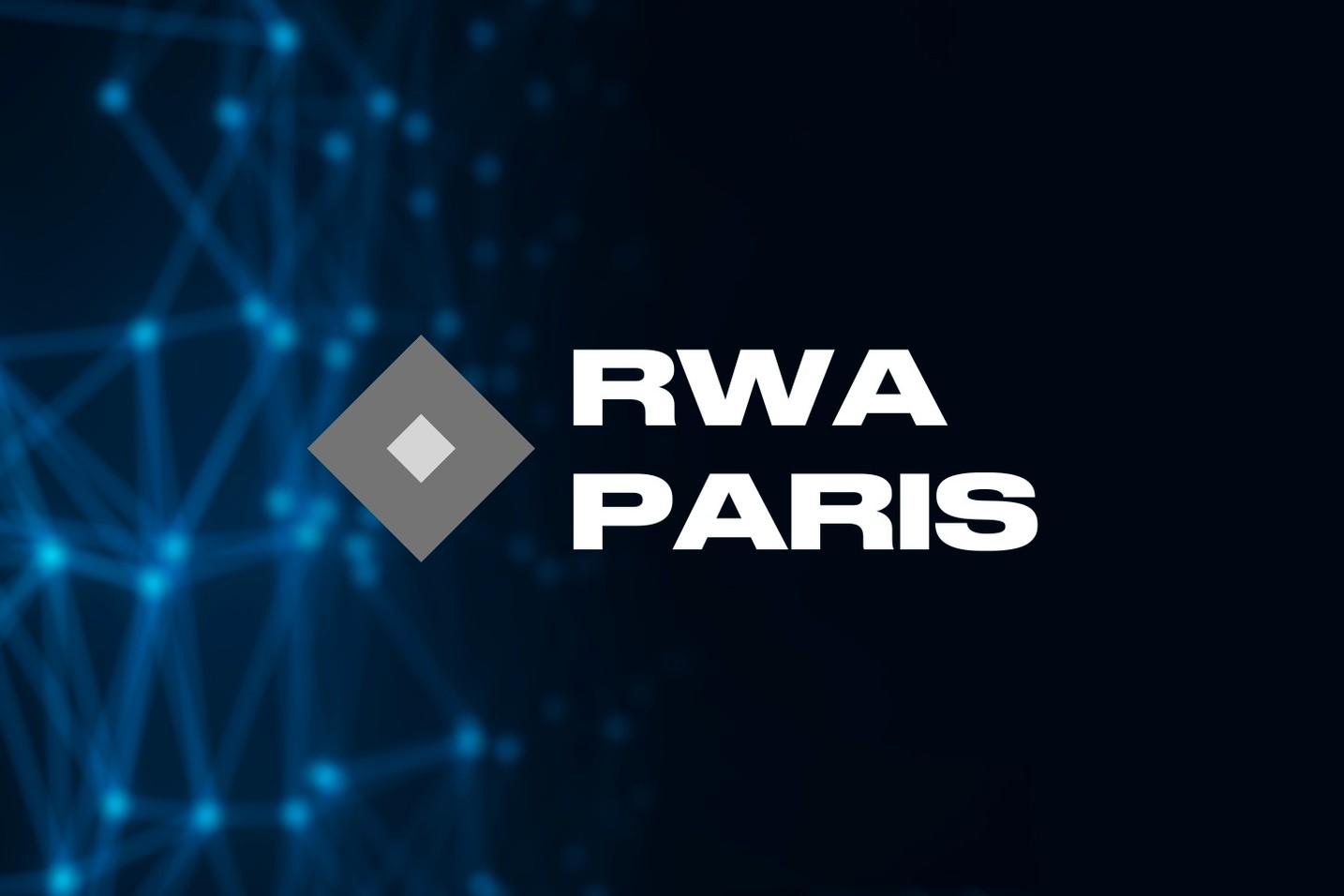Managing and Reducing Debt: A Comprehensive Guide
A Self-Managed Approach to Debt
In today’s world, dealing with debt is a common financial concern for many individuals. Whether it’s credit card debt, student loans, or unpaid bills, being in debt can cause significant stress and anxiety. However, understanding the different options available for managing and reducing debt can significantly help to alleviate these feelings of worry and uncertainty.
Budgeting
One of the most important steps in managing your debt is budgeting. A budget serves as a financial roadmap, allowing you to plan your finances and keep track of where your money is going. By understanding where your money is being spent each month, you can identify areas where you may be able to cut back and save money.
Contacting Creditors
If you find yourself falling behind on your bills, it is important to contact your creditors as soon as possible. By discussing your financial situation with your creditors, you may be able to negotiate a new payment plan with lower payments that you can manage.
Debt Collection and Your Rights
If your debt has already been handed over to a debt collector, it is crucial to understand your rights. Not all debt collectors operate ethically, and it’s essential to recognize the signs of a scam.
Validation Information
A legitimate debt collector must provide you with ‘validation information’ about the debt, such as how much money you owe, the name of the creditor, and what to do if you don’t believe the debt is yours.
Understanding Old Debts
Contrary to what some may believe, old debts do not simply disappear over time. However, there is a limit to the amount of time that a debt collector can sue you to collect on a debt, known as the ‘statute of limitations’.
Dealing with Mortgage, Car Loan, and Student Loan Debts
If you’re having trouble paying your mortgage, car loan, or student loan debts, there are several avenues you can explore. Most lenders are willing to work with you if they believe you’re acting in good faith and your situation is temporary.
Credit Counseling and Debt Settlement
If you’re unable to manage your debt on your own, you may want to consider seeking help from a reputable credit counseling organization. These organizations can provide advice on managing your money and debts, help you develop a budget, and assist you in creating a plan to repay your debt.
Bankruptcy as a Last Resort
Bankruptcy should generally be considered as a last resort due to its long-term negative impact on your credit. However, for those in severe financial trouble, bankruptcy can offer a fresh start.
Moving Forward: Credit Repair
Once you’ve managed to pay off your debt, you may be interested in repairing your credit. While no credit repair company can legally remove accurate negative information from your credit report, there are steps you can take to repair your credit over time.
Reporting Scams and Fraudulent Practices
It’s important to report any scams or fraudulent practices you encounter when dealing with debt relief companies. You can report such incidents to the FTC, your state attorney general, and your local consumer affairs office.
Navigating the world of debt management can be complex and overwhelming. However, with a solid understanding of the different options available to you, you can make informed decisions that best suit your financial situation. Remember, it’s never too late to start managing your debt and taking control of your financial future.






